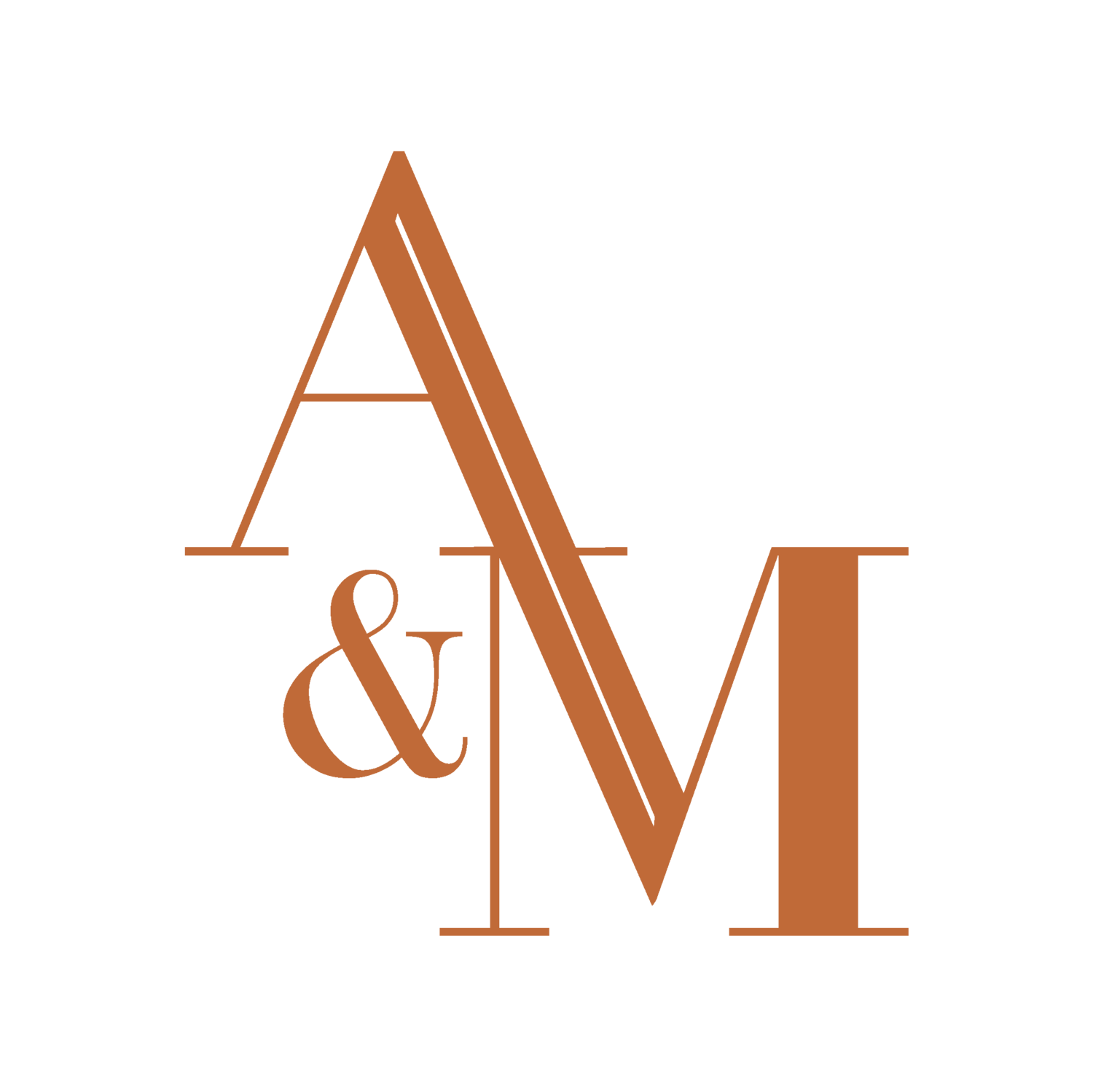RESET Talk 5 | Making Space: Support Systems for a Diverse Art Ecosystem
Han-Song Hiltmann, James Page, Michelle JN Lim, and Wang Ruobing
By Lara Tan
Key points:
The gaps of the art ecosystem are being addressed to better support artists’ work.
Ample space and time are necessary to create a conducive environment for productive exchanges to take place between the artist and others.
While the work to consciously increase diversity has begun, there is still more to do.
The fifth talk for RESET saw a reflective discussion about the importance of making space for diversity, and how different stakeholders build and sustain systems that support multiplicities in an art ecosystem. The panel featured Han-Song Hiltmann, Director, Goethe-Institut Singapore, James Page, Foundry Director, Yogya Art Lab, Michelle JN Lim, Artist and Editor, Plural Art Mag and Wang Ruobing, Co-Founder, Comma Space 逗号空间. The session was moderated by Chelsea Chua, Programme Director, Objectifs Centre for Photography and Film.
Here are the takeaways from the panel:
The gaps of the art ecosystem are being addressed to better support artists’ work. The initiatives driven by each panellist’s organisation all directly address a gap in the art ecosystem to provide a space for voices and practices that otherwise may not be seen or heard. Ruobing stated that Comma Space prioritised the freedom of expression for artists, especially since they are one of the few art spaces that run independently by artists. Han-Song shared that Goethe Institut will be opening a physical event space soon, in direct response to the lack of space for artistic practice in Singapore. James sees the foundry at Yogya Art Lab as a space rich with resources, providing technical support and equipment that may otherwise be difficult for artists to access in Southeast Asia. Michelle said that while Plural Art Mag may not have a physical space, they frequently look out for young and underrepresented artists to feature on their digital platform.
Ample space and time are necessary to create a conducive environment for productive exchanges to take place between the artist and others. Chelsea observed that the actualisation of the work is as important as the final product because of the exchanges that can occur in the artmaking process. Similarly, James stated that the foundry is not just a production space, but also a meeting point for artists to encounter designers and other creatives that help to develop the work as it is being made. Han-Song highlighted that no matter digital or physical, the focal point should be on creating the right conditions for artistic practice, framed in a manner which best aligns with the nature of their work. Michelle agreed with this and added that spaces should enable a sharing of ideas, germinating conversations between the artist and the public. Elaborating on the point, Ruobing said that collaboration and dialogue are part and parcel of contemporary art practice, and not just between individuals but also between individuals and institutions.
While the work to consciously increase diversity has begun, there is still more to do. Han-Song pointed out that art cannot divorce itself from society’s power structures and frameworks. He believes that working towards diversity means showcasing innovative, experimental and in particular, critical voices. In the same vein, Michelle noted that Plural Art Mag strives to spotlight diversity in its many forms, providing a platform for artists who have important messages to share, or highlighting stories that are less known.
All in all, the panel speakers saw themselves and their organisations as enablers rather than gatekeepers, working to provide artists access to resources, networks and physical spaces to support them in achieving their goals.
Watch the full recording of RESET Talk 5 | Support Systems for a Diverse Art Ecosystem here:
If you’d like, you can skip to:
2:49 – for Han-Song's introduction
6:18 – for James' introduction
9:33 – for Alecia’s introduction
12:08 – for Ruobing’s introduction
14:47 – for panel discussion
If you would prefer to listen to this as a podcast recording, click here:
You can also access the podcast by searching “artandmarket” on Apple Podcasts and Spotify.
Thank you for joining us for RESET! You can find the full summaries and recordings for all five online talks here.






